In a new book entitled “Let Us Dream: The Path to A Better Future,” Pope Francis avoids complex discussions of church doctrine and theology and instead tells stories from his own life, and gives his views on the crises facing the world, from the coronavirus, the environment, poverty, hunger, arms trade, political polarization, and the condition of the Catholic church. The book is based on conversations by phone, voice recordings and e-mail with Austen Ivereigh, the British biographer. Pope Francis answers questions on many subjects including the death of George Floyd; clerical sexual abuse; the toppling of statues to reshape history; protests against government, coronavirus restrictions, persecuted minorities, and abortion. Regarding the virus, Francis criticizes those that blame it on foreigners, and those that protest church closing and mask mandates to control its spread. Regarding the significant opposition and enemies he has made within the Church. He challenges those who demand change in the leadership of the Church, “as if it were a corporation whose shareholders can demand a change of management.” He says that every individual has or will experience traumatic interruptions in their lives. The coronavirus lockdowns and restrictions have interrupted many people’s lives and brought suffering all over the globe. ”Illness, the failure of a marriage or of a business, some great disappointment or betrayal,” are moments that “generate a tension, a crisis that reveals what is in our hearts.” The new book tells of three traumatic moments in the life of Pope Francis. They are: the lung problems that threatened his life when he was 21; his “displacement” from Argentina to Germany in 1986 for graduate school studies, and his being exiled to Cordoba, Argentina for almost two years in the early 1990s. His own religious order had sent him there to reflect on his flawed and overbearing leadership style. He tells that “it was kind of self- isolating”, as so many of us have done lately, and it did me good.” “Sometimes an uprooting can be a healing or radical makeover.” In those major moments of challenge and pain, Francis said “what I learned was that you suffer a lot, but if you allow it to change you, you come out better. But if you dig in, you come out worse.” In the book, Francis uses the coronavirus as a metaphor, saying people all experience their own “Covids,” in the sense of a forced stoppage in their lives that reveals “what needs to change: our lack of internal freedom, the idols we have been serving, the ideologies we have tried to live by, the relationships we have neglected.” The book is said to be a book of prophecy and hope.
